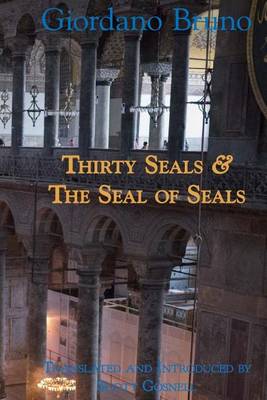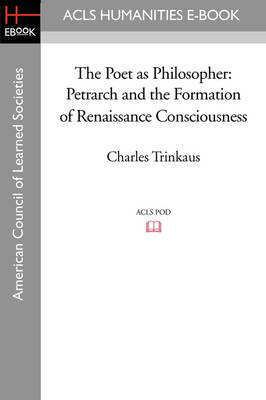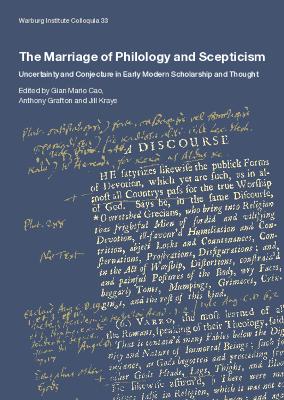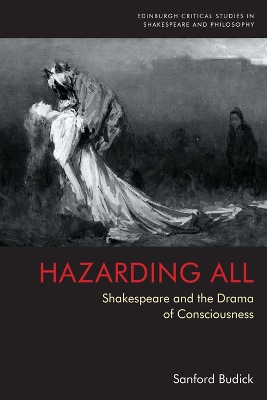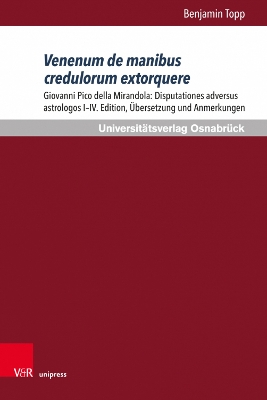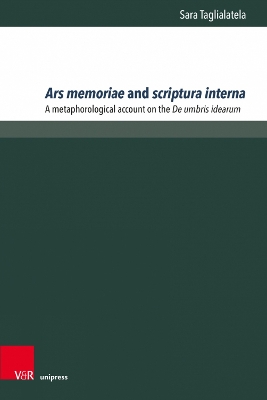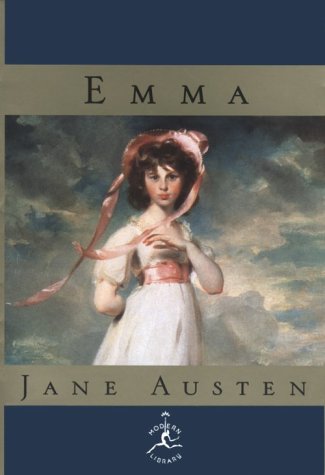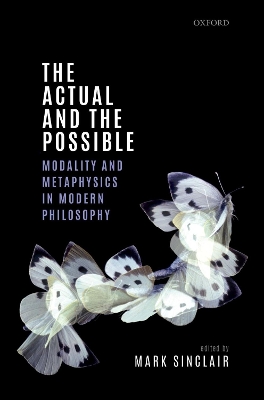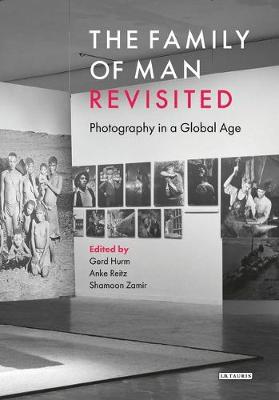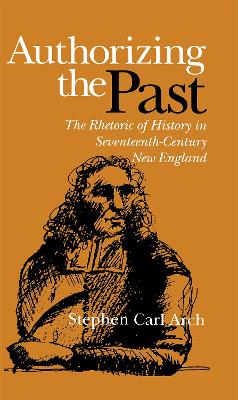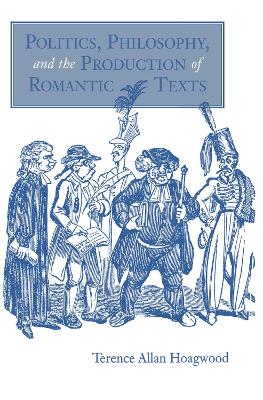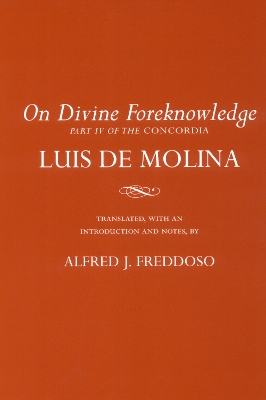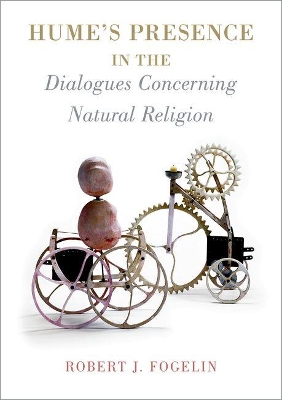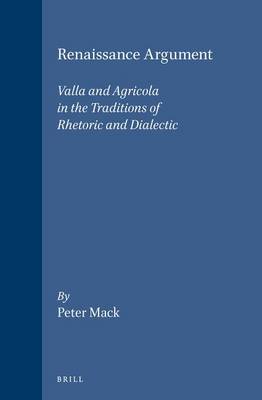Questions of Anthropology (LSE Monographs on Social Anthropology)
by Jonathan Parry Rita Astuti, Charles
Anthropology today seems to shy away from the big, comparative questions that ordinary people in many societies find compelling. Questions of Anthropology brings these issues back to the centre of anthropological concerns.Individual essays explore birth, death and sexuality, puzzles about the relationship between science and religion, questions about the nature of ritual, work, political leadership and genocide, and our personal fears and desires, from the quest to control the future and to find...
Get Shit Done 2018-2019 (Get Shit Done Planners, #6) (18 Month Planners, #1)
by Planners and Diaries and Naughty Notebooks
The problems that taxed the minds of people during the Renaissance were much the same as those confronting us today. In their perplexity, many deep-thinking people sought the advice of Marsilio Ficino (1433-99), the leader of the Platonic Academy in Florence, a magnet for the most brilliant scholars of 15th-century Europe. In devoting his life to the study and translation of the great dialogues of Plato and the Neoplatonists, Ficino and his colleagues were midwives to the birth of the modern wor...
When it appeared in 1670, Baruch Spinoza's "Theological-Political Treatise" was denounced as the most dangerous book ever published - "godless", "full of abominations", "a book forged in hell ...by the devil himself". Religious and secular authorities saw it as a threat to faith, social and political harmony, and everyday morality, and its author was almost universally regarded as a religious subversive and political radical who sought to spread atheism throughout Europe. Yet Spinoza's book has...
Thirty Seals & The Seal Of Seals (Giordano Bruno Collected Works, #4)
by Giordano Bruno
The Complete Essays of Michel de Montaigne (100 Copy Collector's Edition)
by Michel Montaigne
Emma (1816) is Jane Austen's most characteristic work. Convinced that she understands the world, Emma rules over her invalid father and the small social circle of Highbury with well-meaning tyranny. But she is highly fallible where love is concerned, and her failings there cause many misunderstandings - as well as giving the reader much enjoyment as order is restored. In her new introduction to this edition Terry Castle examines the pleasure given by Emma's reassuringly stable world and by its c...
The Actual and the Possible (Mind Association Occasional)
The Actual and the Possible presents new essays by leading specialists on modality and the metaphysics of modality in the history of modern philosophy from the seventeenth to the twentieth centuries. It revisits key moments in the history of modern modal doctrines, and illuminates lesser-known moments of that history. The ultimate purpose of this historical approach is to contextualise and even to offer some alternatives to dominant positions within the contemporary philosophy of modality. Hence...
The Family of Man is the most widely seen exhibition in the history of photography. The book of the exhibition, still in print, is also the most commercially successful photobook ever published. First shown at the Museum of Modern Art in New York in 1955, the exhibition travelled throughout the United States and to forty-six countries, and was seen by over nine million people. Edward Steichen conceived, curated and designed the exhibition. He explained its subject as `the everydayness of life'...
Politics, Philosophy, and the Production of Romantic Texts
by Terence Allan Hoagwood
Literary works of the Romantic period have often been viewed primarily as expressions of escapism, disillusionment or apostasy on the writer's part. In contrast, this book argues that political repression had an important effect on the production of romantic texts.
Luis de Molina was a leading figure in the remarkable sixteenth-century revival of Scholasticism on the Iberian peninsula. Molina is best known for his innovative theory of middle knowledge. Alfred J. Freddoso's extensive introductory essay clears up common misconceptions about Molina's theory, defends it against both philosophical and theological objections, and makes it accessible to contemporary readers.
Hume's Presence in The Dialogues Concerning Natural Religion
by Robert J. Fogelin
Why did David Hume feel so deeply about publishing The Dialouges Concerning Natural Religion that he set aside funds in his will providing for its posthumous publication? Part of the answer is that it provided a literary, satirical work responding to his mean-spirited theological critics. In Hume's Presence Robert J. Fogelin provides a textual analysis that demonstrates the close relationship of The Dialogues with his central philosophical writings and its centrality to his relationship with ske...
Renaissance Argument (Brill's Studies in Intellectual History, #43)
by Peter Mack


